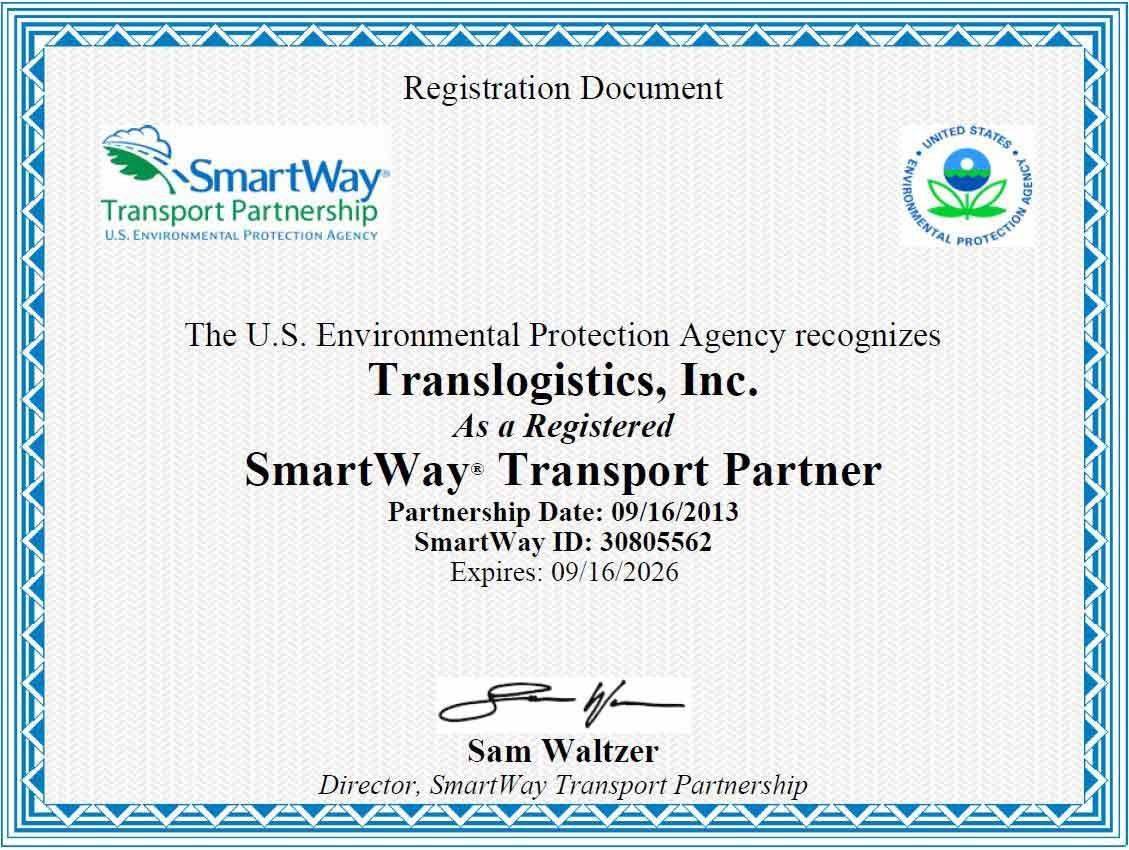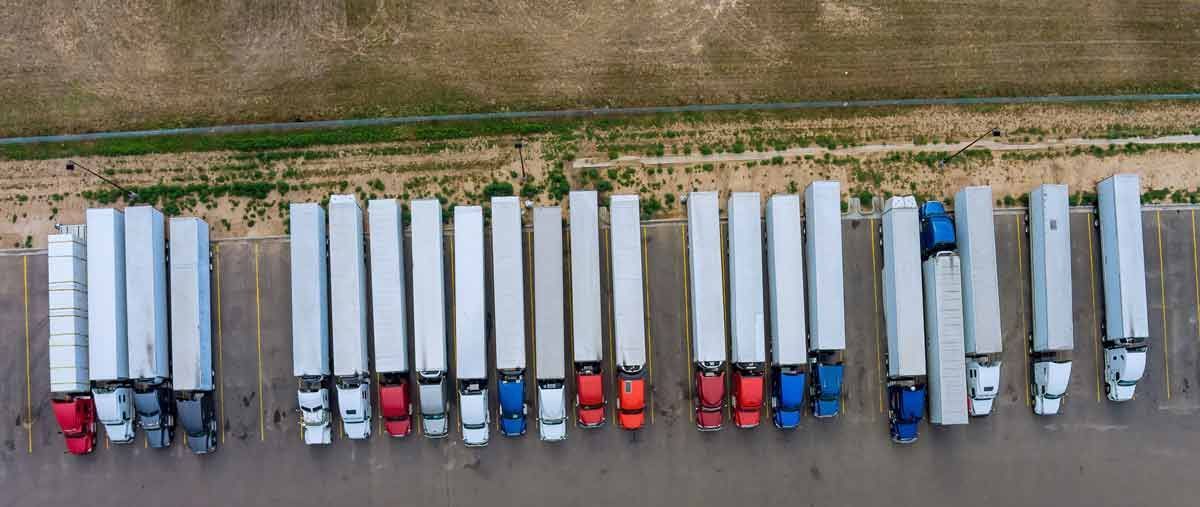11 International Freight Incoterms
What are IncoTerms?
Incoterms, also known as inco terms, are a standardized set of terms and definitions used in global trade. They are formally called International Commercial Terms. Incoterms make it crystal clear who's responsible for what when it comes to shipping and delivering goods internationally. In total, there are 11 Incoterms, neatly split into two categories.
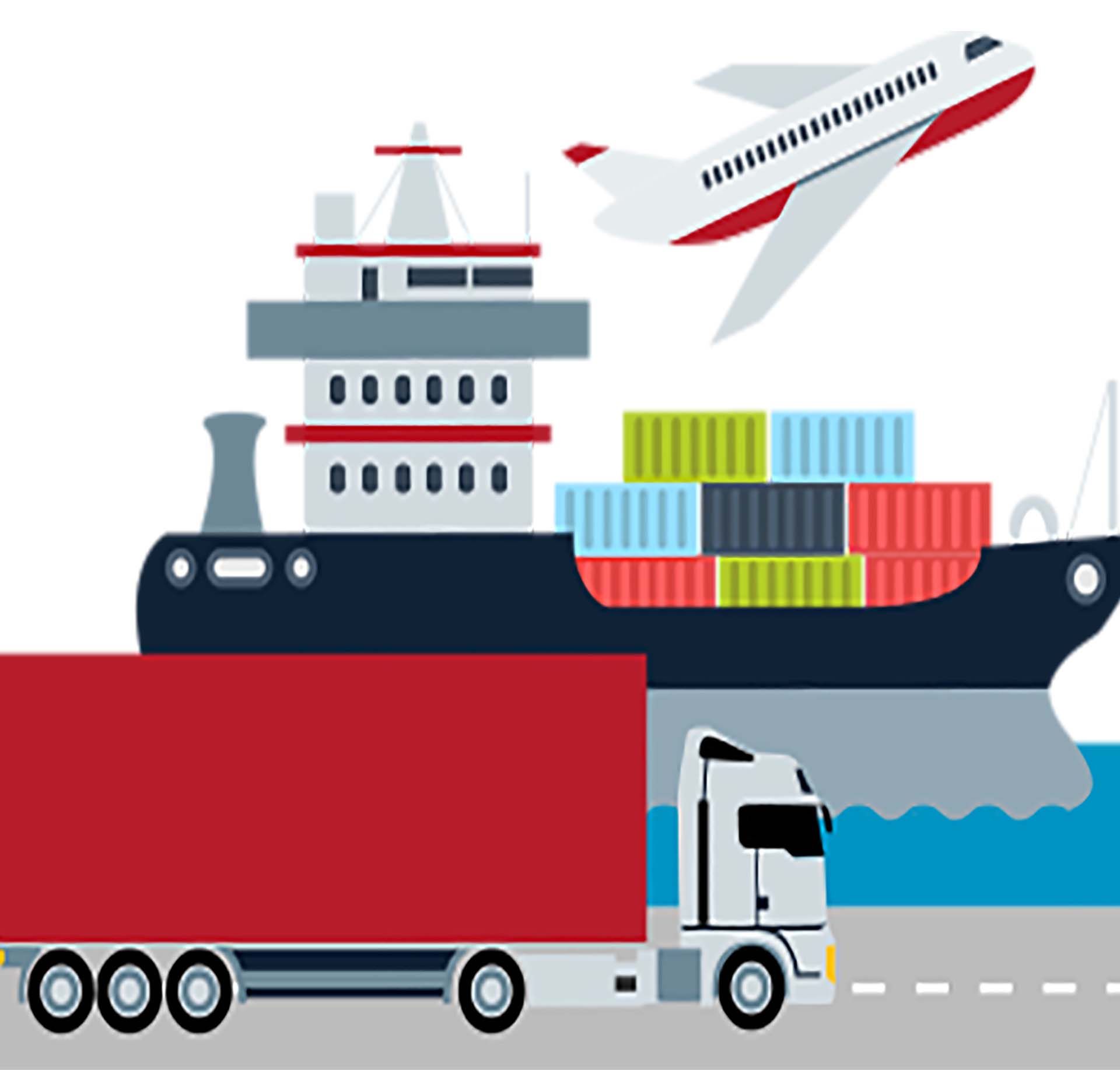
Incoterm Categories
Incoterms for Any Mode of Transport:
- EXW (Ex Works): Place
- FCA (Free Carrier): Place
- CPT (Carriage Paid To) : Place
- CIP (Carriage and Insurance Paid To): Place
- DAP (Delivered at Place): Place
- DPU (Delivered at Place Unloaded): Place
- DDP (Delivered Duty Paid): Place
Incoterms Specifically for Sea and Inland Waterway Transport:
- FAS (Free Alongside Ship): Port
- FOB (Free on Board): Port
- CFR (Cost and Freight): Port
- CIF (Cost, Insurance, and Freight): Port
Incoterm Guide
Hey shippers! TLI founded in 1994 to simplify shipping for you. To assist you, we've provided an International Shipping one-pager at the bottom of this webpage for easy reference when comparing and contrasting Incoterms. Throughout TLI's history, we've seen concerning issues like leaving Incoterms blank or mistakenly using two incoterms on the same shipment. It's crucial to partner with the best. If unsure, remember: NO ONE HAS EVER BEEN FIRED FOR PARTNERING WITH TLI. So, ship with TLI, download the guide, and let's start shipping freight by partnering together.
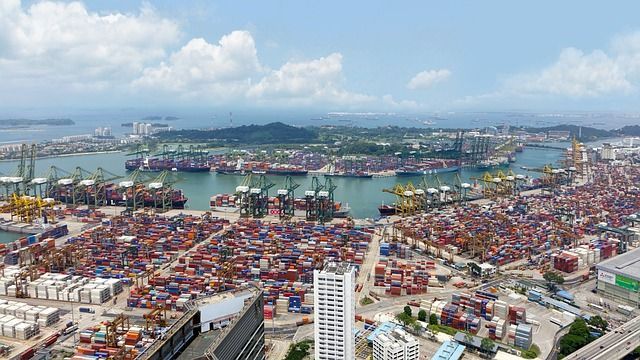
Each Incoterm within these categories specifies different obligations, responsibilities, and points at which the risk and costs are transferred from the seller to the buyer. The categories are organized to accommodate different modes of transportation and specific stages within the shipping process. They define the responsibilities, costs, and risks between the buyer and seller regarding the delivery of goods from the seller to the buyer. These terms specify who is responsible for various tasks like transportation, insurance, customs clearance, and risk transfer at different stages of the shipment.
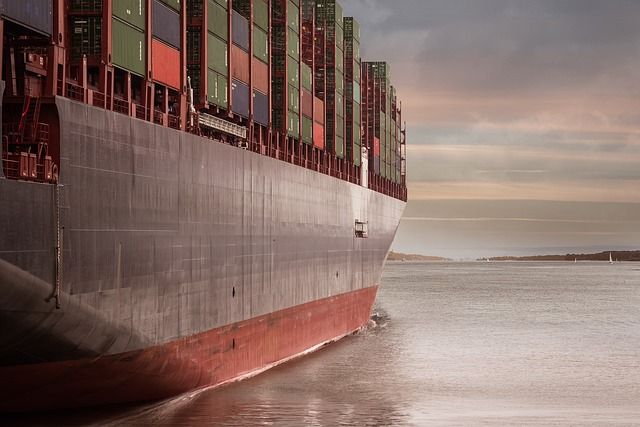
How many types of Incoterms are there, and what do they signify?
Currently, there are 11 Incoterms, each delineating distinct responsibilities and obligations between the buyer and seller. These terms fall into two main categories: those applicable to any mode of transportation (such as EXW, FCA, CPT) and those designed for sea and inland waterway transport (like FOB, CIF, DAT). Choosing the appropriate Incoterm hinges on factors such as the transportation mode, delivery point, and desired level of risk and responsibility for both parties.
International Shipping: Incoterms
This resource offers a detailed introduction to assist users in choosing the right Incoterms rule for their shipment. It includes expanded explanatory notes for users, provided at the beginning of each Incoterms rule.
The following are the 11 Incoterms:
Why are Incoterms important in international trade?
Incoterms actively shape international trade, offering a transparent framework for buyers and sellers alike. They prevent misunderstandings, disputes, and surprise expenses by precisely outlining each party's duties during shipping. Additionally, Incoterms streamline global transactions, setting universally recognized terms that minimize ambiguity and guarantee a consistent approach to international trade dealings.
Incoterms are vital in international trade, offering clarity on who's responsible for what in shipping and delivering goods. It's crucial for buyers and sellers to choose the right Incoterms for their trade deal, as they greatly affect the transaction's cost and risk.
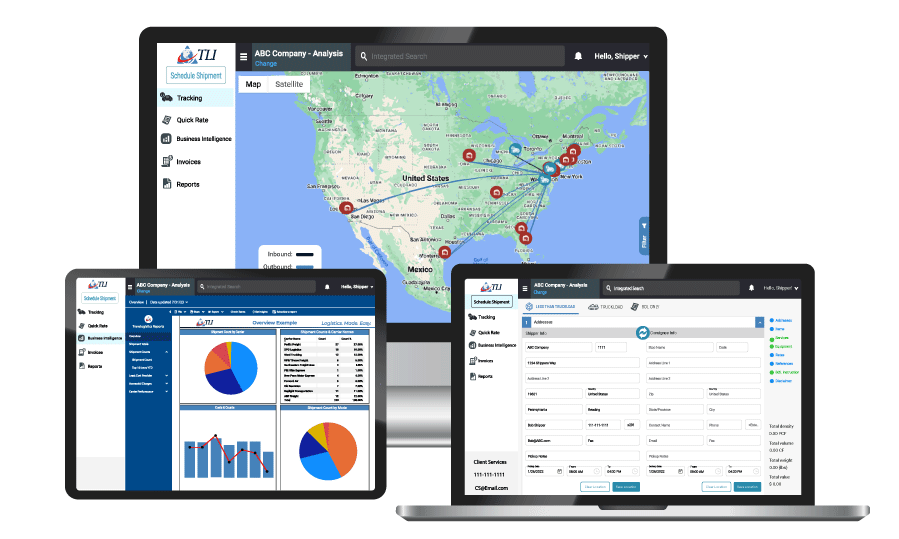
Integrating TLI's TMS with your ERP grants unparalleled visibility into the entire global supply chain. Real-time tracking, insightful analytics, and data-driven decision-making become your competitive edge. You gain control over shipments, enabling proactive problem-solving and ETA estimations for clients.
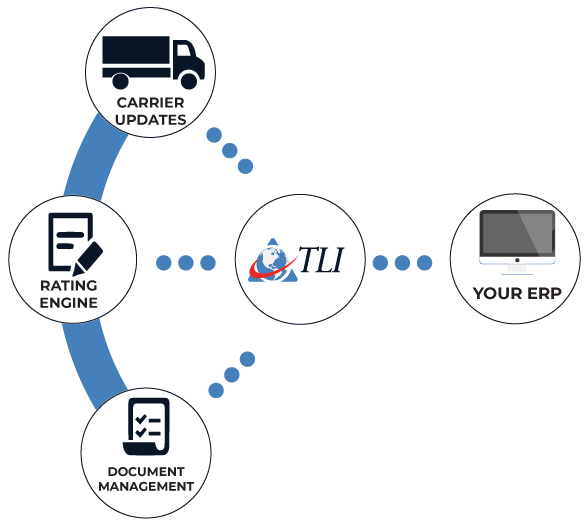
TLI's TMS technology is designed for scalability. As your business expands, the system seamlessly adapts to growing demands. It accommodates evolving market trends, regulatory changes, and client preferences, ensuring your operations remain agile and future-proof.
Revolutionize your logistics efficiency with our cutting-edge TMS system! Seamlessly integrate our platform with your ERP and gain instant access to powerful tools like our density calculator and freight class calculator. Streamline your shipping processes and optimize freight management like never before!
Have a question on IncoTerms? Click here to talk to an expert!
What are the costs listed in Incoterms?
All costs linked with a specific Incoterms rule are presented in article A9/B9 of that rule, providing users with a comprehensive overview of expected costs.
Despite this consolidated format, the costs associated with each item continue to be listed in their respective articles, catering to users who prefer to concentrate on particular aspects of the sale transaction.
Why has the FCA Incoterm rule been revised?
Incoterms 2020 has revised Free Carrier (FCA) to address scenarios where goods are sold FCA for carriage by sea and either the buyer or seller (or their respective banks) requests a bill of lading with an on-board notation.
Article A6/B6 of FCA now allows the parties to agree that the buyer will direct the carrier to issue an on-board bill of lading to the seller once the goods are loaded, with the seller then presenting the document to the buyer.
What are the different levels of insurance coverage in CIF and CIP?
In the Incoterms 2020 rules, varying levels of insurance coverage are outlined in the Cost Insurance and Freight (CIF) rule and Carriage and Insurance Paid To (CIP) rule.
Under the CIF Incoterms rule, primarily employed in maritime trade and common in commodity trading, the default insurance coverage level remains the Institute Cargo Clauses, with the flexibility for parties to opt for higher coverage if desired.
Meanwhile, the CIP Incoterms rule now mandates a heightened level of coverage, aligning with the Institute Cargo Clauses (A) or equivalent clauses.
Is DPU a new Incoterm?
No, the DPU change simply involves renaming and relocating to better reflect the rule's content. The former Delivered at Terminal (DAT) has been rebranded as Delivered at Place Unloaded (DPU).
This adjustment underscores that the destination can be any location, not solely a "terminal," and highlights the key distinction from Delivered at Place Unloaded (DPU) – in DAP, the seller doesn't unload the goods, whereas in DPU, the seller does.
**This post is for educational information only and is not posted for legal advice.
TLI Insights
Get the latest logistics insights and tips from TLI's award-winning team. Stay ahead in transportation planning.
Questions? Email us at marketing@shiptli.com


